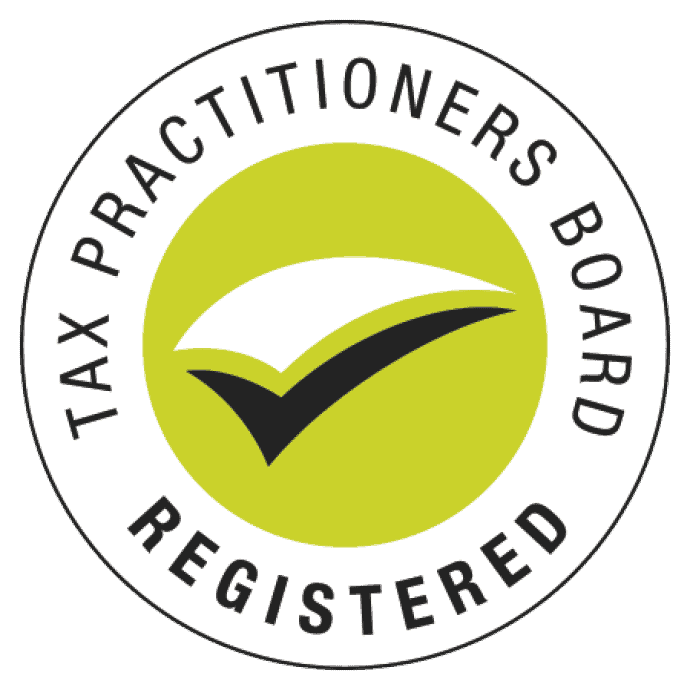The proposed objective of superannuation released in recently released draft legislation is: ‘to preserve savings to deliver income for a dignified retirement, alongside government support, in an equitable and sustainable way.’
The significance of legislating the objective of super is that any future legislated changes to the superannuation system must be in line with this objective. It’s a fairly broad definition. For example, “equitable” seeks to address the distributional impact of superannuation policy. That is, latitude for the Government to target tax concessions to address differences in demographic factors and structural inequities including intergenerational inequity and outcomes for different groups including women, First Nations Australians, vulnerable members and low-income earners.
“Sustainable” encapsulates the changing needs of an ageing population including reducing the reliance on the Age Pension. The draft also alludes to the viability of the cost of tax concessions used to incentivise Australians to save for retirement.
“Deliver income” appears to reinforce the concept that superannuation savings “should be drawn down to provide individuals with a source of income during their retirement.”
More than 15 million Australians now have a superannuation account. Australia’s superannuation pool has grown from around $148 billion in 1992 to $3.5 trillion in 2023, and will continue to grow. Total superannuation balances as a proportion of GDP are projected to almost double from 116% in 2022–23 to around 218% of GDP by 2062-63.
The consultation also recognises the value of the superannuation system as a source of capital, “which can support investment in capacity-building areas of the economy where there is alignment between the best financial interests of members and national economic priorities.”
Note: The material and contents provided in this publication are informative in nature only. It is not intended to be advice and you should not act specifically on the basis of this information alone. If expert assistance is required, professional advice should be obtained.


